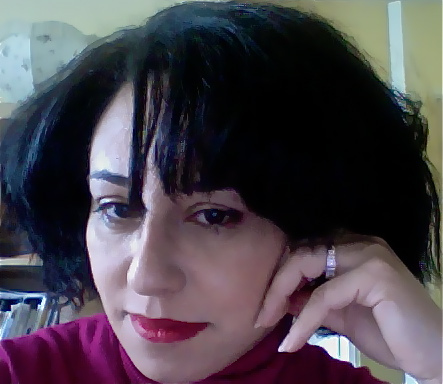Water is becoming an increasingly scarce and strategic resource. Dwindling water supplies induced by global climate change, over-consumption, displacement and forced migration flows, technological deficiencies, and the absence of specific, long-term water security policies place an extraordinary strain on the world’s ecological resources and systems. It is claimed that water will preoccupy nations, governments, and international organisations in the 21st century. Some people go so far as to claim that it will be the “century of water”. In 1995, for example, former World Bank Vice-President Ismail Serageldin claimed that ‘the wars of the next century will be about water.” However, the water crisis in the Middle East is far more complex with political and historical dimensions.

In fact, the Middle East is considered the most water scarce region in the world. The Middle East/North Africa (MENA) region has only 1,100 m3 of renewable water per capita per year. For comparison, Western Europe has 5,400 m3 and North America 20,300 m31. Hence, the increasing demand upon a limited supply has caused many regional conflicts over water. On top of that, since the evacuation of the British occupation from the Middle East, the region has never achieved stability. The establishment of the state of Israel, that dates back to the British mandate, has led to further instability and created the political crisis of water in the region as control over the water- supply network has represented, since the very beginning, a national security issue for Israel.
In fact, the hidden reason behind the occupation of both the West Bank and the Golan Heights was to get the upper hand over the natural water supplies. The conflict over water from the Jordan River and nearby aquifers has long been a tangled affair which has enmeshed Israel, Jordan, Lebanon, Syria, and the West Bank-Gaza Palestinians. Lebanon and Syria are upstream states and have the first chance at using the water, while Israel, Jordan, and the West Bank-Gaza are generally downstream, they must either take the water that is left or act forcibly to acquire the water they want. This conflict has lasted for decades and has been a part of the broader Arab-Israeli conflict. Thereby, water lies at the heart of Israel’s relationship with the Arab states, and poses one of the toughest challenges for peace in the Middle East.
Moreover, one of the most distinguished characteristics of water crisis in the Middle East is using water as a pressure paper to solving other problems. In 1991, for instance, Israel announced that it will not withdraw from Lebanon without pledges to get its share from the water of Al- Litani River. In other words, even though the wars were not fought over water; allocations and agreements were always key issues on the negotiating table and an actual impediment to peace. Obviously, the latest crisis of the Ethiopian dam is a new part of this hidden and complicated strife that uses water as a political weapon to destabilise the region further to achieve political and economic goals, taking advantage of the fact that the water resources in Arab states are controlled by non- Arab states; namely, Ethiopia, Turkey, Uganda, and Ghana.
This intertwined relationship between the water resources and the policy in the Middle East is the main topic of Sabrina Mahfouz’ “A History of Water in the Middle East,” currently on the Royal Court, London. The play explores how water in the Middle East has enabled British power through the ages; and how Britain still affects landscapes, lives, and legacies in the Middle East today. In a 70-minute show that journeys from Egypt to Dubai, Iraq to Jordan, Mahfouz explains how water has been used by Britain in the Middle East to exert commercial and colonialist control. Using theatre, poetry, and music, Mahfouz, who has dual Egyptian-British nationality, represents various stories of women from across the continent to explore who really has the power in and over the Middle East in the present time. Directed by Stef O’Driscoll, the lecture style play tells the story of how colonialism has carved a path through the Middle East and had managed to divide nations along lines that would cause centuries of conflict.
Marwa El-Shinawy holds a PhD in American theatre, and is a member of the Higher Committee for the Cairo International Festival for Contemporary an Experimental Theatre



